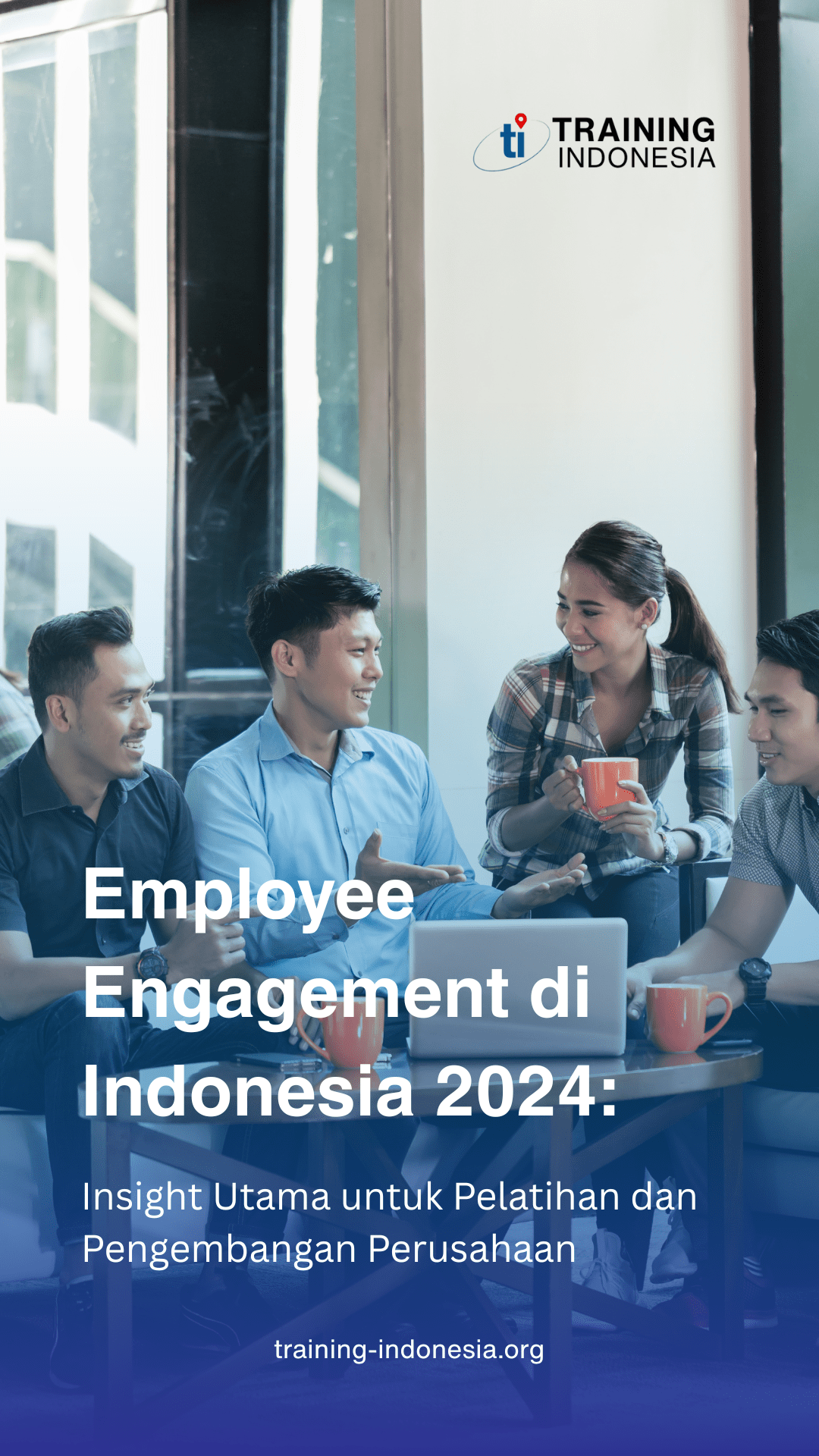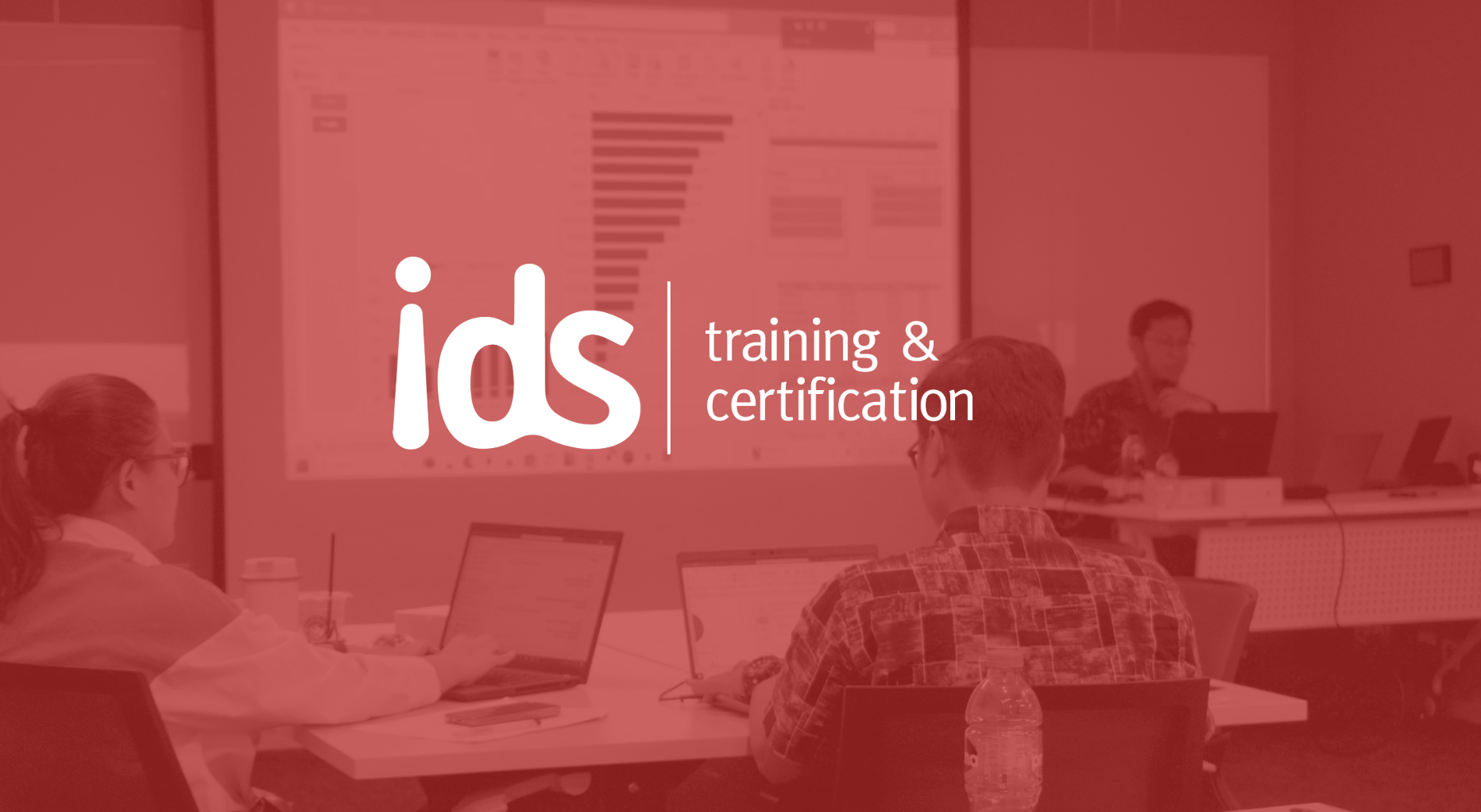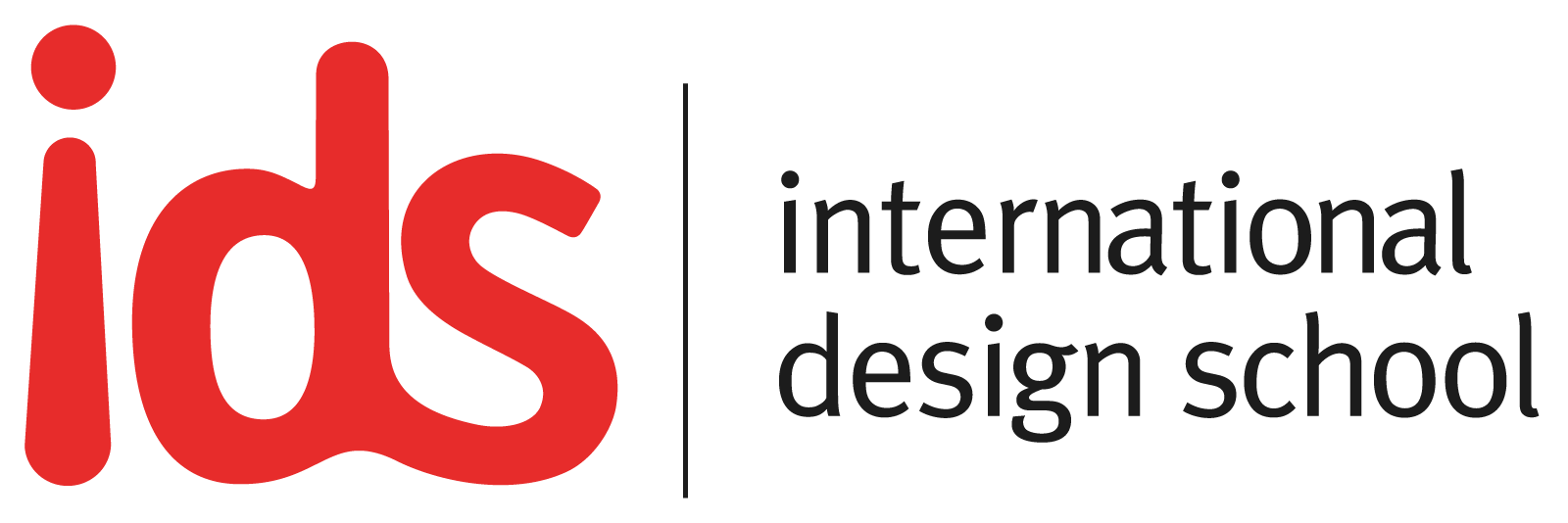Skills-Powered Organizations: 2024–2025 Talent Trends & Training Impact in Indonesia

Training Indonesia — Amid the rapidly evolving work landscape shaped by technology, organizations worldwide are undergoing major transformations to remain competitive.
The Mercer Global Talent Trends 2024–2025 report highlights that skills-powered strategies are now at the core of building an adaptive and sustainable workforce. But how can this global trend be applied effectively in Indonesia’s training sector?
The Importance of Adopting a Skills-Based Approach
In an increasingly digital and AI-driven work environment, companies are shifting from headcount-based workforce planning to skill-based models. Mercer (2024) reports that 41% of executives identify the lack of reskilling and upskilling as the top risk to business growth in 2025.
Organizations that adopt this approach are seeing strong results. According to Mercer, companies with skills-based talent strategies are 1.3 times more likely to develop skills internally and 1.6 times more efficient in redesigning work to improve productivity (Mercer, 2024).
Challenges and Opportunities for Indonesia
Indonesia faces similar challenges — skill mismatches, technological disruption, and the urgent need for a more agile workforce. To respond, the training sector must innovate by focusing on:
-
Mapping skill needs based on technology trends and market demands.
-
Offering micro-credentialing and project-based learning to accelerate competency development.
-
Utilizing AI and internal talent marketplace systems to identify, validate, and grow skills within organizations.
Case Studies: Transformation at LONGi and Arcadis
For instance, LONGi, a global renewable energy technology company, increased its internal talent growth rate from 20% to 35% through a holistic, skills-based development strategy. This included project-based learning, job rotation, and a matrix-based performance evaluation system (Mercer, 2024).
Meanwhile, Arcadis, an international design and consultancy firm, empowered skill-based career development by launching an internal talent marketplace that connects employees to new opportunities based on their skills and career aspirations (Mercer, 2024).
What Can Indonesian Training Providers Do?
-
Partner with Industry – Align curricula with high-demand skills across sectors like energy, manufacturing, digital, and professional services.
-
Develop Integrated Training Platforms – Create AI-enabled LMS (Learning Management Systems) for adaptive and personalized training paths.
-
Incentivize Certification Programs – Introduce “pay-for-skills” models to reward learners who complete training and earn recognized credentials.
By making skills the core currency of talent management, organizations in Indonesia can strengthen their global competitiveness. A skills-powered training approach is no longer optional — it is essential for navigating the uncertain future of work.
Reference
- Mercer. (2024). Global Talent Trends 2024–2025: Unlocking Human Potential in a Machine-Augmented World. Mercer LLC. Retrieved from https://www.mercer.com
- Photo by Mikhail Nilov: https://www.pexels.com/photo/people-having-a-meeting-8101929/
Related News
Profesional HR & UU Cipta Kerja: Pembaruan Hukum & Implikasi Strategis
Training Indonesia – Pada bulan Maret 2023, pemerintah Indonesia resmi mengesahkan Undang-Undang Nomor 6 Tahun 2023.
HR & Undang-Undang Cipta Kerja: Key Legal Updates & Strategic Implications
Training Indonesia – In March 2023, the Indonesian government enacted Law Number 6 of 2023, officially establishing the Job Creation Law (commonly known as Undang-Undang Cipta Kerja)
Organisasi Berbasis Keterampilan: Tren 2024–2025 & Dampaknya bagi Pelatihan di Indonesia
Training Indonesia — Di tengah perubahan lanskap kerja yang dipercepat oleh teknologi, organisasi di seluruh dunia sedang melakukan transformasi besar untuk menjaga daya saing mereka.
Employee Engagement in Indonesia 2024: Key Insights for Corporate Training and Development
Employee engagement is a critical element of organizational success, especially in rapidly growing markets like Indonesia. According to Mercer’s Employee Engagement in Indonesia 2024 report
Employee Engagement di Indonesia 2024: Insight Utama untuk Pelatihan dan Pengembangan Perusahaan
Keterlibatan karyawan (employee engagement) adalah elemen krusial dalam kesuksesan organisasi, terutama di pasar yang berkembang pesat seperti Indonesia.
Upcoming Training
Jun
02
Workshop: Digital Manufacturing Transformation June 2025
17530, Tower F, Jl. TB Simatupang No.Kav. 88, RT.1/RW.2, Kebagusan, Ps. Minggu, Kota Jakarta Selatan, Daerah Khusus Ibukota Jakarta 12520, Indonesia
Jun
16
Certified Internet of Things Practitioner (CIoTP) June 2025
17530, Tower F, Jl. TB Simatupang No.Kav. 88, RT.1/RW.2, Kebagusan, Ps. Minggu, Kota Jakarta Selatan, Daerah Khusus Ibukota Jakarta 12520, Indonesia






